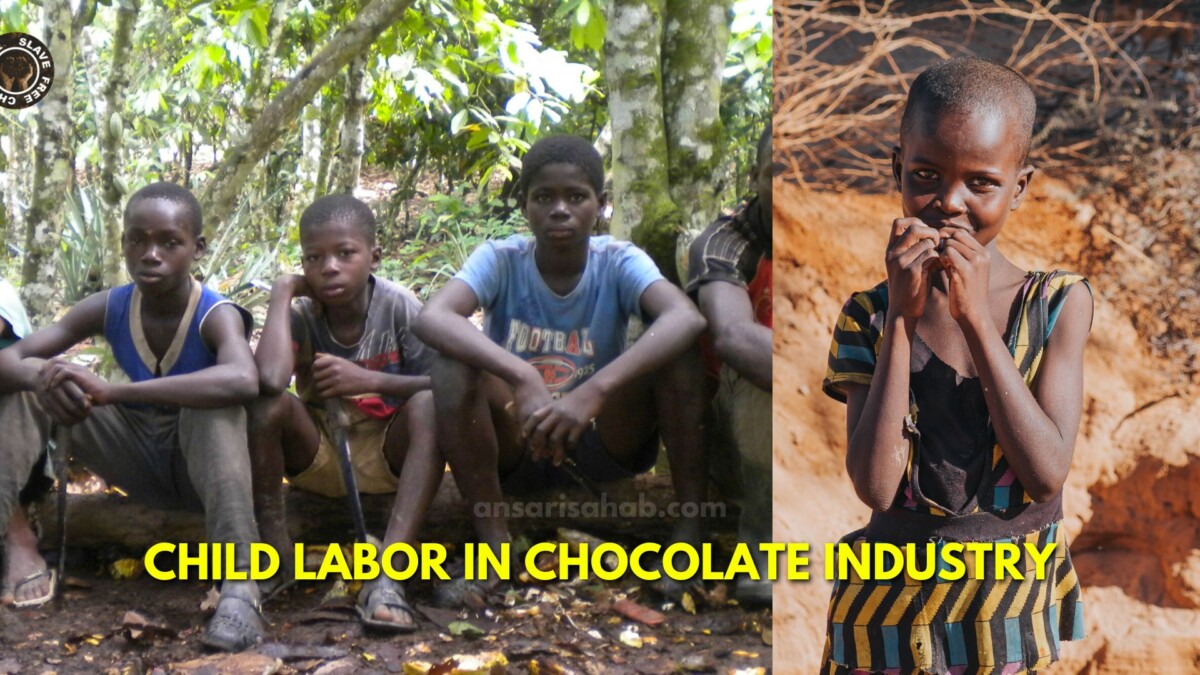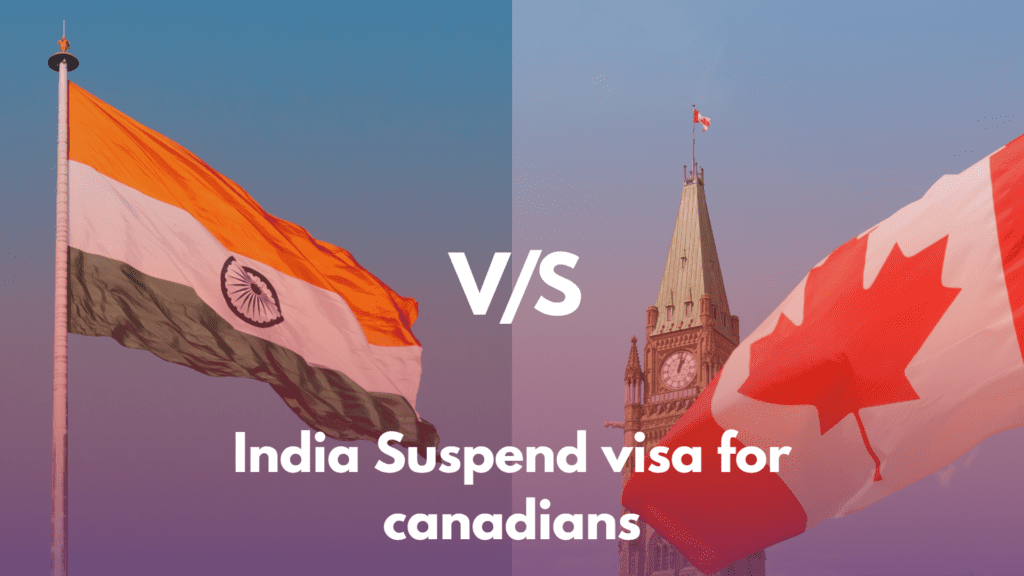Indulging in a piece of chocolate is a pleasure cherished by many, but behind this beloved treat lies a bitter reality. Recent investigations have uncovered the disturbing truth that major chocolate corporations, including Mars, Nestle, Hershey’s, and Cargill, are linked to child labor in the cocoa industry. This revelation sheds light on the exploitation of children as young as five in Ghana and Ivory Coast, two major cocoa-producing nations.
The Dark Side of Cocoa Production:
Children forced into labor on cocoa farms endure hazardous conditions, such as carrying heavy loads, handling sharp tools, and exposure to harmful pesticides. These young workers, deprived of education and childhood experiences, toil for long hours in a cycle of poverty and exploitation. Despite international efforts, child labor remains pervasive in the cocoa industry, with an estimated 1.56 million children engaged in such practices in Ghana and Ivory Coast alone.
Implicated Corporations: Mars, Cargill, and Hershey’s:
Mars, a renowned chocolate giant, has faced allegations of purchasing cocoa beans from farms employing child labor. Despite denying these claims and asserting a commitment to ethical sourcing, skepticism abounds among consumers and advocacy groups. The issue extends beyond Mars, as Cargill and Hershey’s are also implicated in a 2023 class-action lawsuit, accusing them of knowingly benefiting from child labor in their cocoa supply chains.
The Legal Landscape:
Legal actions against major chocolate companies signal a turning tide. Lawsuits filed against Mars, Nestle, and Cargill underscore the growing pressure for concrete actions to eradicate child labor from cocoa supply chains. This legal push aims to hold corporations accountable for their role in perpetuating exploitative practices.
Consumer Demand for Ethical Chocolate:
Consumers, becoming increasingly aware of the human cost behind their favorite treats, are demanding ethical chocolate options. Transparency and accountability are paramount, leading consumers to seek out certified brands that guarantee ethical sourcing practices. Fairtrade International and Rainforest Alliance certifications serve as beacons guiding consumers toward ethically produced chocolate.
Suggested: Solar Storm Sparks Geomagnetic Storm Watch, Bringing Potential Northern Lights to Lower Latitudes
What Can We Do?:
- Choose Certified Chocolate Brands: Opt for chocolate brands certified by Fairtrade International or Rainforest Alliance to ensure ethical and sustainable sourcing.
- Support Organizations Fighting Child Labor: Contribute to organizations actively working to end child labor in the cocoa industry.
- Spread Awareness: Discuss the issue with friends and family, raising awareness about child labor in the cocoa industry.
- Demand Change from Corporations: Contact chocolate companies, urging them to commit to ethical sourcing practices and transparency.
The Complexity of Child Labor Eradication:
Child labor in the cocoa industry is deeply rooted in poverty, lack of education, and cultural practices. Solving this complex issue requires a comprehensive approach:
- Government Regulation: Strengthen laws and regulations against child labor, coupled with effective enforcement mechanisms.
- Education and Rural Development: Invest in education and rural development to provide alternative opportunities for children.
- Collaboration with Cocoa Farmers: Engage directly with cocoa farmers to improve livelihoods and promote sustainable farming practices.
- Corporate Transparency: Hold chocolate companies accountable through regular audits of their supply chains.
- Consumer Advocacy: Encourage consumers to make informed choices, applying pressure on corporations to source cocoa ethically.
Moving Towards a Child-Labor-Free Cocoa Industry:
The bittersweet reality of child labor in the cocoa industry necessitates immediate action. Governments, chocolate companies, and consumers share the responsibility of working together to eradicate this exploitative practice. Through awareness, accountability, and informed choices, we can collectively strive for a future where children are protected, treated with dignity, and free from the shackles of child labor.
Additional Information:
To delve deeper into ethically sourced chocolate and discover how you can make a difference, visit the websites of Fairtrade International and Rainforest Alliance.
Conclusion:
Chocolate should bring joy to everyone without compromising the well-being of children. By educating ourselves, supporting responsible companies, and holding corporations accountable, we can pave the way towards a child-labor-free cocoa industry. Let’s unite to ensure that the sweet treat we love truly embodies the spirit of joy, free from the bitter aftertaste of child exploitation.
Call to Action:
Get involved in the movement to end child labor in the cocoa industry. Support organizations addressing this issue, choose ethically sourced chocolates, and join the collective effort to create a world where chocolate truly brings joy to all.









